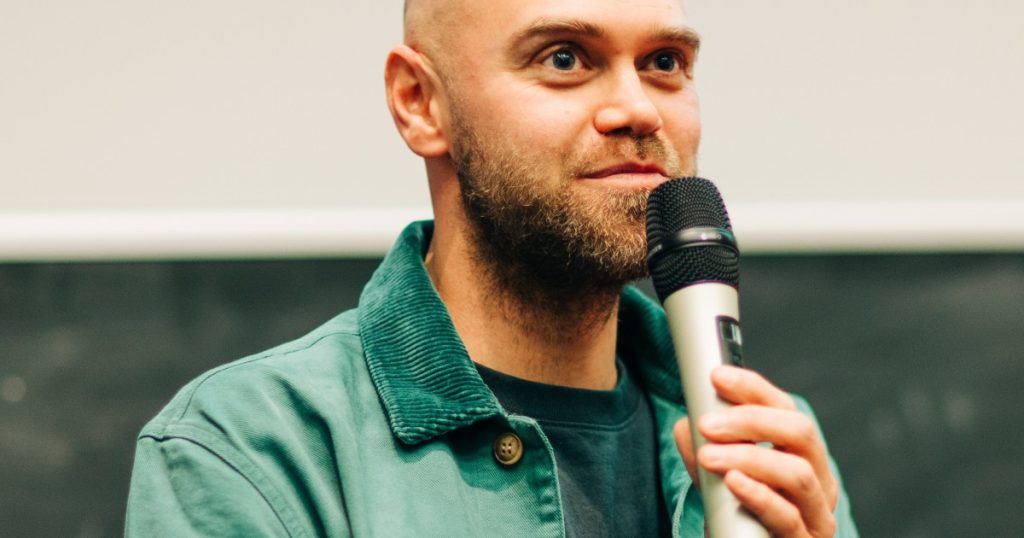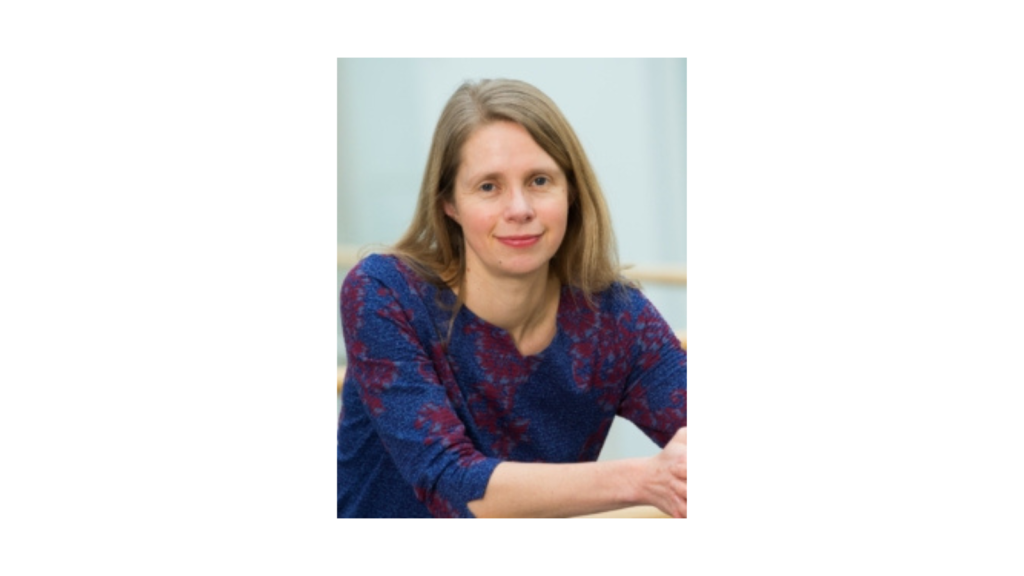The white ears of Ofsted: language, race, and the schools inspectorate
Monday 12 May, 5pm-6.30pm
Speaker: Dr Ian Cushing, Senior Lecturer in Critical Applied Linguistics, Manchester Metropolitan University
Chair: Dr Ian Thompson
Registration:
Abstract
Academics, teachers, and activists have long been engaged in efforts to dismantle deficit thinking about language and race in England’s schools, but linguistic injustices persist. In this talk, which draws on my individual and collaborative projects with Professor Julia Snell, I show how Ofsted are a central force in the maintenance of linguistic injustice and the reproduction of dominant language ideologies which frame racialised and working-class communities as linguistically deficient. I draw on multiple data to do so, including a large corpus of historical and contemporary inspection reports, Ofsted policy documents, training materials for inspectors, and interviews with racially marginalised teachers. I turn critical attention to the white ears of Ofsted – institutional and powerful modes of listening which hear nondominant language varieties as symptomatic of empirically detached but ideologically connected traits, such as misbehaviour, poor quality teaching, intellectual inferiority, and a disinterest in school. I show how Ofsted rely on a flawed theory of social justice which frames the acquisition of dominant language varieties as a key means to achieving equality, but at its core, is a means to preserve the raciolinguistic status quo. Through this analysis, I argue that Ofsted’s policing of language in schools is a form of what Rob Nixon calls slow violence: an intergenerational form of harm which builds up quietly yet steadily over time. I end by calling for linguistic justice in schools and consider what role – if any – Ofsted might play in that.
About the Speaker
Dr Ian Cushing is Senior Lecturer in Critical Applied Linguistics at Manchester Metropolitan University. His research focuses on documenting and dismantling deficit thinking about language in schools, especially concerning its intersections with race and class. This work takes place in close collaboration with teachers, where he is currently involved in projects which imagine futures of linguistic justice in schools. His work is funded by the Spencer Foundation, the British Academy/Leverhulme, and the UK Literacy Association. His 2022 monograph, Standards, Stigma, Surveillance: Raciolinguistic Ideologies and England’s Schools won the British Association of Applied Linguistics book prize, and he was the recipient of the 2023 Outstanding Contribution to Research award from the National Association for the Teaching of English. He is an Editor of Critical Studies in Education.













